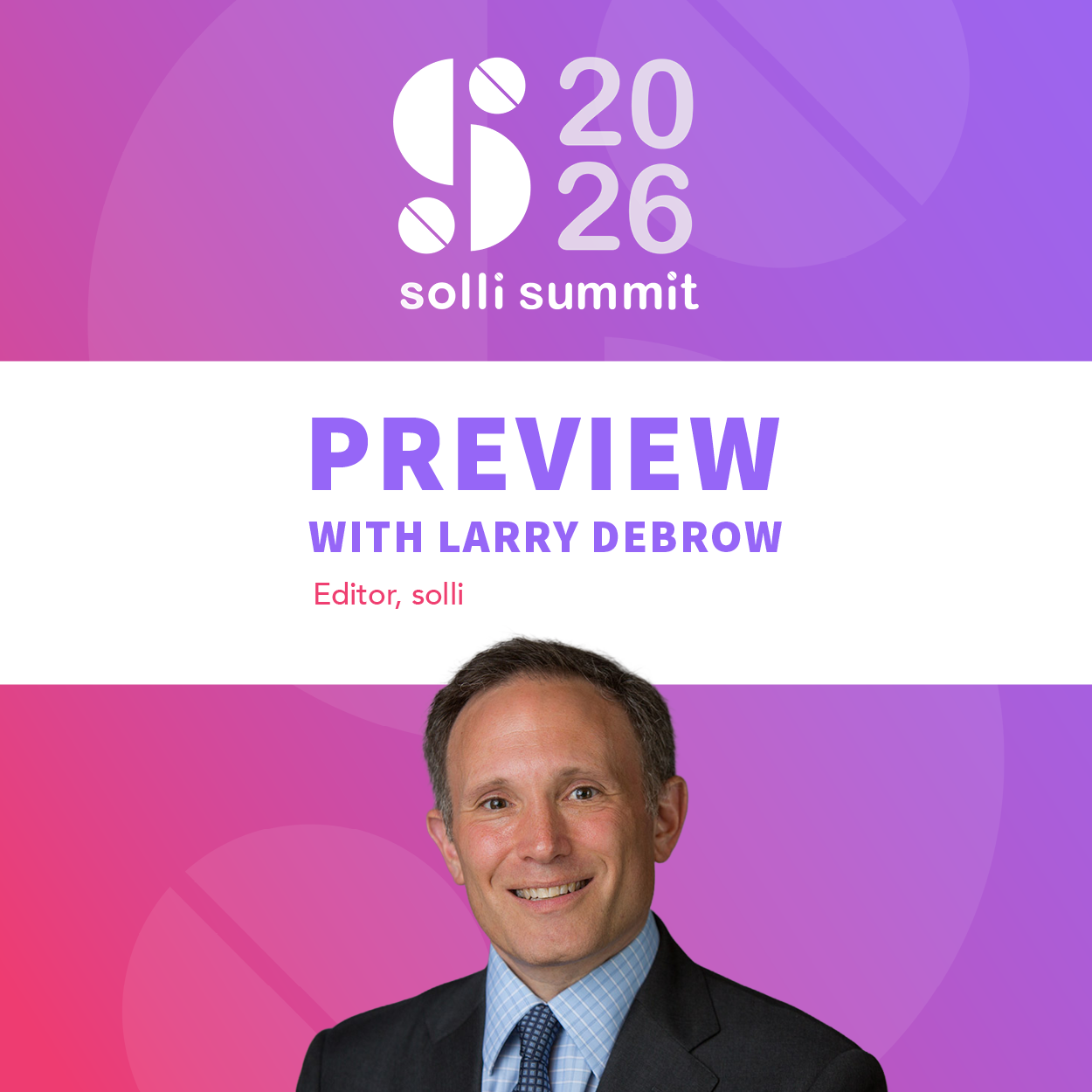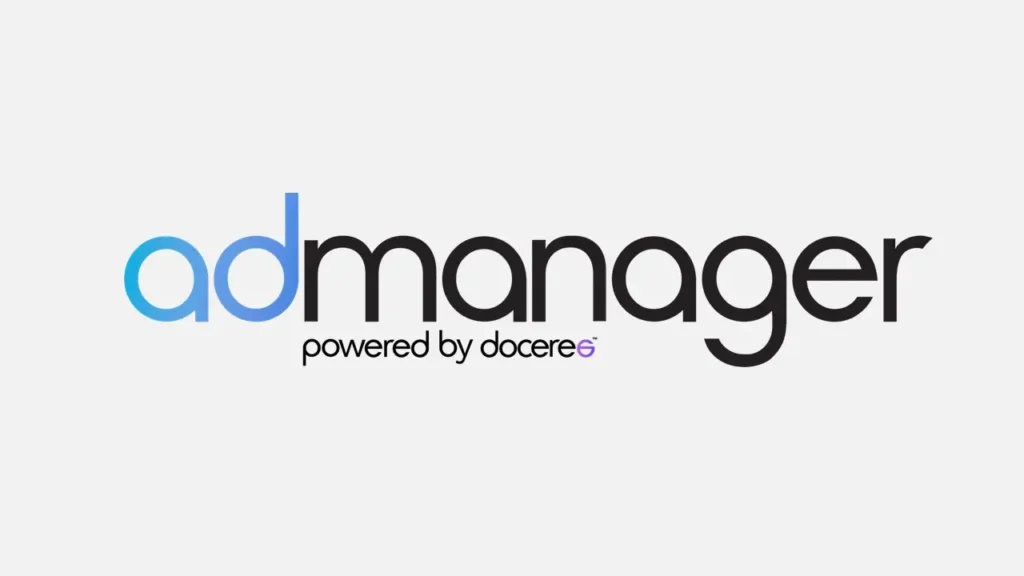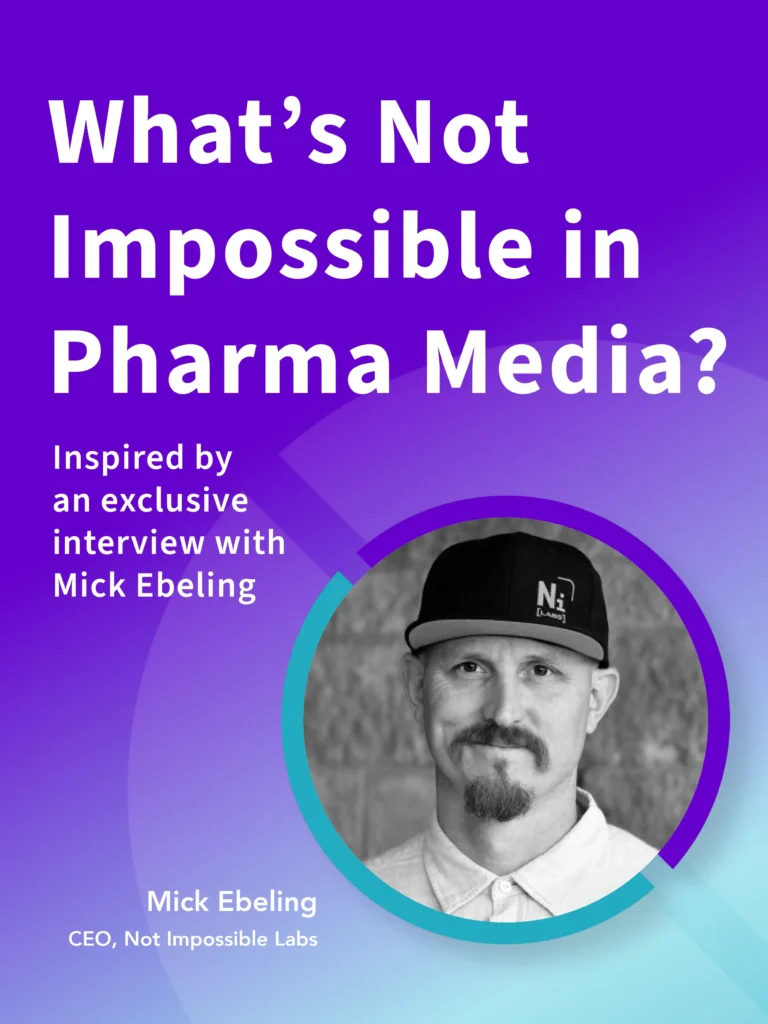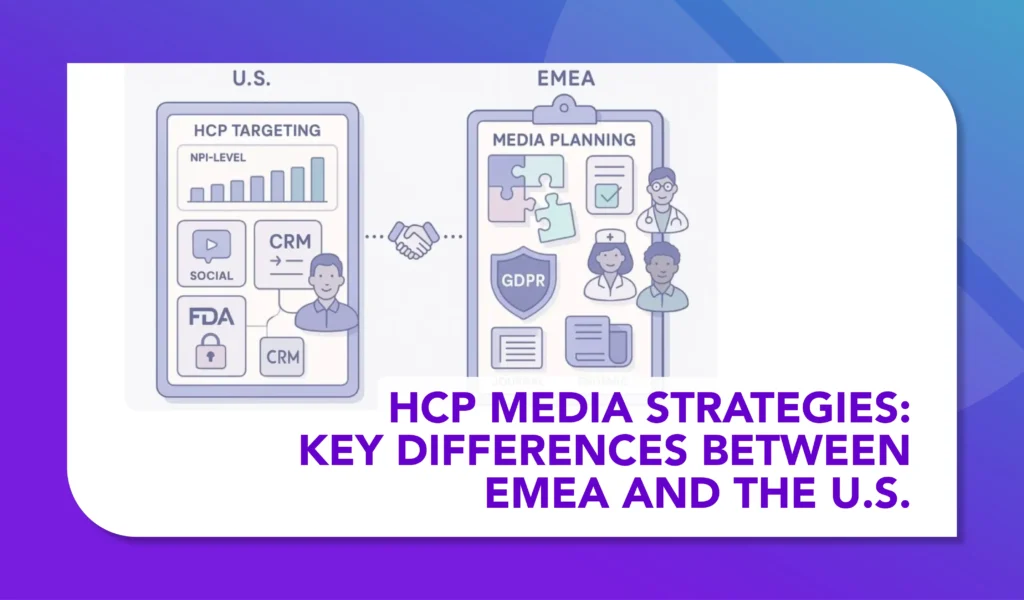CMI’s International Man of Media
Matt Durham anticipated pharma’s global media boom. Now he’s leading CMI Media Group’s push to broaden its market coverage.

At the outset of Matt Durham’s first agency job, he was tasked with managing pharma media in the UK—and the UK alone. At the time, holding companies had not yet been enticed by the charms of pharma media, which was mostly planned and bought by independent, locally based specialist agencies.
“If you were an agency in the UK, you focused on UK media. If you were an agency in Germany, you focused on German media,” he explains.
Durham found this limiting. So when his firm picked up a piece of international work, he lobbied to be added to the account team. In his off-hours, he researched the health media ecosystems of various countries.
“I’d proactively pick a country and try to understand everything about it—who were the major suppliers in that market, what were the best ways to reach HCPs,” Durham says. “It felt like there was an opportunity to double-down on the global side of the business.”
His intuition proved correct. As the London-based VP, global, at CMI Media Group, Durham plays a critical part in the company’s ambitious plans to grow its international media presence. He’s done so by mastering local media nuances and, in the process, making himself an invaluable asset to clients hoping to push deeper into markets outside the U.S.
“He’s a walking encyclopedia,” says Erika Guay, core brand team lead (oncology-Libtayo) at Regeneron. “He’s disrupting the way media is being handled on the global level.”
Indeed, as a country- and market-agnostic media specialist, Durham is something of a rarity in the business. He’s equally anomalous in his out-of-office interests, counting the Spanish Civil War—he wrote a biography, “The Charmed Life of Sam Wild,” about a British volunteer who fought in it—among his primary passions.
It should come as no surprise, then, that his path to media eminence was far from linear. Durham grew up in South London, in a neighborhood where “there were more Jamaican people than anywhere outside Jamaica,” he says. He believes the diversity of his surroundings served him well, exposing him to perspectives and personalities that he might otherwise not have encountered until later in life.
“I wasn’t around people desiring to be marketeers or entrepreneurs. Everybody wanted to be a footballer or do something with dancehall,” Durham recalls.
He enrolled in university for the first time at age 18, but dropped out shortly thereafter and spent the next few years working in retail. When a similarly situated friend announced plans to return to school but said he didn’t want to do so alone, Durham decided to join him.
“I had nothing to do that afternoon,” he deadpans.
While Durham may have arrived at University of Surrey without a long-term plan, the second stint went far better than the first. Asked about his desired course of study (and lacking anything approaching an answer), he responded “business and marketing” almost as an afterthought. “I didn’t want them to think I had no ambition,” he says.
Durham clearly had a knack for the material, graduating with first-class honors. “University was when everything started to make sense for me,” he continues, likening his time there to the moment in the original novel of “The Godfather” when Vito Corleone realizes he can solve problems with his brain instead of his brawn (or a weapon).
A Natural Fit
As he neared graduation, Durham sought out a marketing agency job close to home, where he was helping care for his ailing father. After what he remembers as a particularly strong job interview, Four Health Media hired him as a market research executive. He was thrilled to secure the role, even though he “didn’t know what media planning was, or that pharma media was a thing… It was luck, really.”
Durham stayed at Four for seven years, rising to the level of account director. He moved to Madrid for a pair of supplier-side business development roles, first at QxMD and then OncoAssist, but didn’t find either particularly fulfilling.
“The pure sales thing wasn’t that interesting to me,” he says. “I don’t love the transactional nature of it. I like building relationships.”
Guay notes that this isn’t just talk. “Matt will give you his point of view, but he does it in a partner-like way, rather than a salesman-like way. He’s somebody I can trust, somebody who I know will always have my best interest in mind.”
Durham returned to the agency world in early 2021, joining McCann Health as a senior media strategist in Madrid. But even as he helped grow the company’s fledgling media function into a substantial operation, he had an eye on his next destination.
“I’d speak to people at agencies and ask them, ‘What’s the biggest, best, most innovative U.S. agency?’ Nine times out of ten, they’d say CMI/Compas. So that was in the back of my mind.”
Durham regularly monitored CMI’s website for job postings, but found only U.S.-based positions (“no disrespect to your fair country, but I didn’t envision myself living there”). He’d been checking for seven or eight years when, out of nowhere, he was contacted by a recruiter.
“The recruiter said, ‘A company called CMI Media Group is thinking about a global role. Have you heard of CMI?’ I said, ‘Yes, in fact I have,’” Durham recalls dryly.
Two missed connections later, Durham found himself on a call with CMI president and CEO Susan Dorfman and chief media and innovation officer Justin Freid. “Becoming the first person they brought on internationally—I don’t know how often you get that kind of opportunity in your career,” he says.
Skepticism to Enthusiasm
Upon starting at CMI in October 2022, Durham was struck by the breadth of the company’s operations. He notes that it currently employs approximately 1,200 people, a sum that more than doubles the head count of every ex-U.S. pharma media agency combined. This realization prompted a change in the way Durham went about his day-to-day business.
“I was used to doing almost everything myself. It took some time to let go of that,” he says.
Durham immediately turned his attention to, as he puts it, “reverse-engineering” CMI’s approach to bring the best of the agency’s U.S. practices to bear in overseas markets. As it turns out, those practices were readily translatable. He reports with obvious pride that CMI has managed to “sherpa” its largest client, which had previously refrained from spending outside the U.S., into a substantial international commitment.
Indeed, Durham has become skilled at converting skepticism into enthusiasm. Freid recalls a pitch in which Durham’s knowledge of a range of overseas markets helped close a huge deal. “We had just finished our presentation and it was time for Q&A,” he says. “The clients asked questions about multiple regions and countries, and Matt was able to answer every one flawlessly.”
In the months and years ahead, look for Durham to spearhead CMI’s formal expansion into several new locations, with France, Germany, Spain and Canada topping his personal wishlist. Right now, the agency handles most of its international planning out of its London office, but Durham believes clients covet “more boots on the ground. Often a client in one of those countries wants somebody close by who speaks their language.”
Opening those outposts, Durham adds, is important to him personally and professionally. “That’s going to be one of the key ways I judge my success: Not just having these locations for the sake of having them, but making them a revenue-generating success.”
He has every intention of remaining at CMI for years to come, and doesn’t take for granted the confidence the company has shown in him. His good professional fortune was affirmed for him at an industry event hosted by a supplier in London earlier this month.
“Usually at these things everyone’s joking around, like, ‘When are you going to come work for us?,’ and sometimes that’s what gets people thinking about a move,” Durham says. “When I was looking around the room, I thought, ‘There’s nobody here that can realistically offer me a better job than the one I have now.’ It was an incredible feeling to have the job that everybody else wants.”
This profile is part of the solli Elevate series, celebrating the Next Generation of Pharma Media Leaders. View all profiles here.



